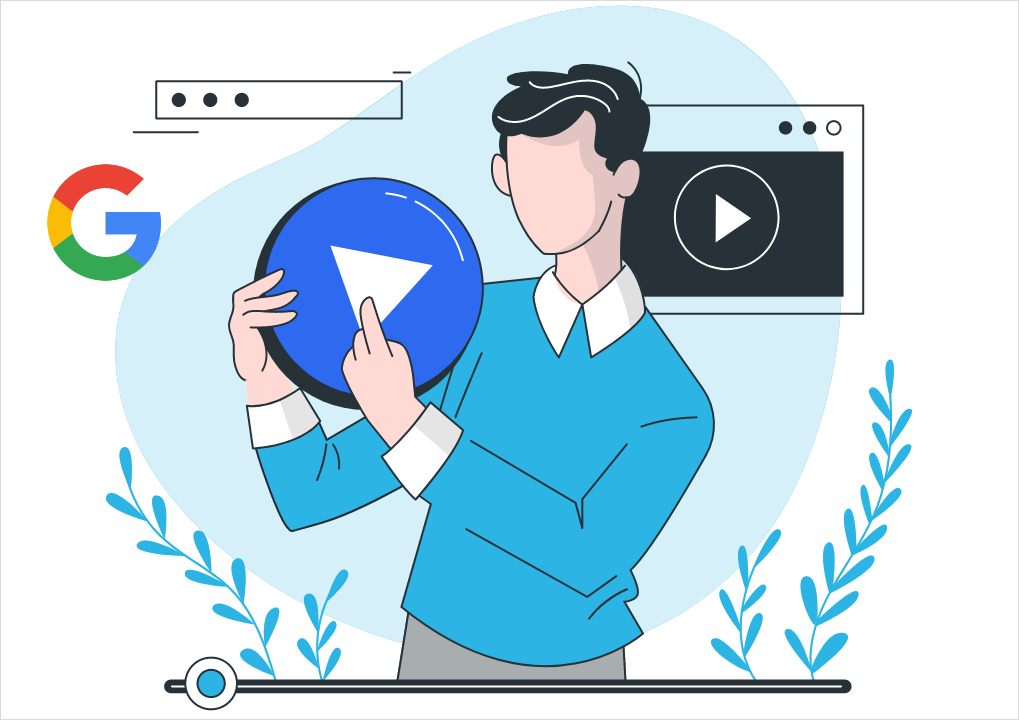I was pleasantly surprised to discover, on the tip from a friend, that Google has silently created a new Google Ads / Adwords help page about an apparently-secretly-launched feature, to view local competitive and search terms.
This is a new report that effectively tells you what search queries similar businesses to yours are getting. The report shows you for metrics, to quote from Google’s directly:

So let’s dive into this and see what we can learn from it.
But first, this new feature must be put into its context: on September first, Google removed about half of all search terms from its search terms reports–and it is the more specific and granular half. As a result, it’s become substantially harder to find on-target search queries from your history to flesh them out into new Adgroups, as well as to identify negatives around them. PPCs around the world have been complaining vociferously, and those who haven’t either have been crying on the inside or just aren’t worth their weight in salt.
But this feature feels a bit like one step forward, after a huge leap backward. While it won’t show you more of your search terms, it will show you your competitor’s search terms, so you can at least get some granularity and learning and insight from them.
This adds an element of humor to the game: the better you do, the more intelligence you’ll give to your competitors, and the irony of you not being able to see your results but the rest of the world can. It reminds me of that version of poker, whose name slips my mind, where you hold your cards up so everyone playing can know everyone else’s cards except you just can’t know your own.
So what does this report look like? Well… I tried to run it and I don’t have the option for it. Why not? Well, this same help page warns, “The local competitive visits report and local competitive search terms report are only available to eligible advertisers who meet our privacy thresholds.” It looks like the primary sites I’m now running campaigns for just don’t meet their privacy thresholds.
(Note that this could be the sort of data that they give you in theory but in practice, they find excuses not to give it to you; so it could be more marketing than reality. But only time will tell if that is the case or not.)
But there’s another reason why, perhaps, it’s not being listed. The help page also says that for best results you should “Enable Smart Bidding for store visits in campaigns that use the new keywords.”
Uh-oh. Now there is a red-flag! In effect, it could be messaging: “Hey, we will give you this valuable keyword data… but only if you automate most of the work so our AI could do it for you.”
This alternates between “minorly bad” and “very bad” news.
This is minorly bad news because, as any experienced PPC knows, the automated AI techniques they use are much–much–less effective than doing it yourself or with your own tools. Google is too incentivized to waste your money because, well, that is how they make all their money! And Google is telling us that to get this useful data, we may need to put more controls into their hands. Is it worth it? At least in the short term, the answer most PPC-s will give will be “hell, no!” In the long-term, we’ll see if their AI becomes less predatory. Incentives matter so I’m not optimistic, but you just never know so we will have to wait and see.
But this could also be “very bad” news because it also feels like a foreshadowing of what is to come. Imagine a world in which Google Ads gives you less and less data, does more and more on its own, and then doesn’t even tell you about your visitors, but just those of everyone else? How could any PPC be expected to make sophisticated decisions in those circumstances?
Well, 2020 is the year of welcoming the new world and here it is for PPCs, as well!
What to do? Be on top of the new options and new reports like these–and always be on the lookout for more. The tools you do have, stretch to their limits. And look for other, creative strategies to help your clients achieve their PPC and conversion goals. It requires more work and more creativity on your part but, hey, doesn’t this keep life interesting? And at the very least, you can feel the solace of knowing that the rest of us are in the same boat, as well.






